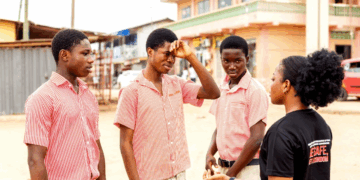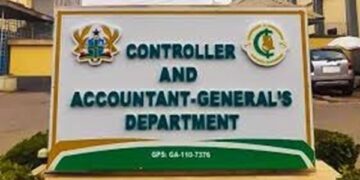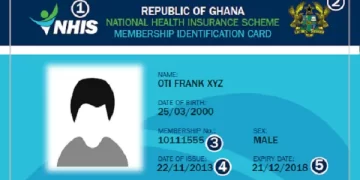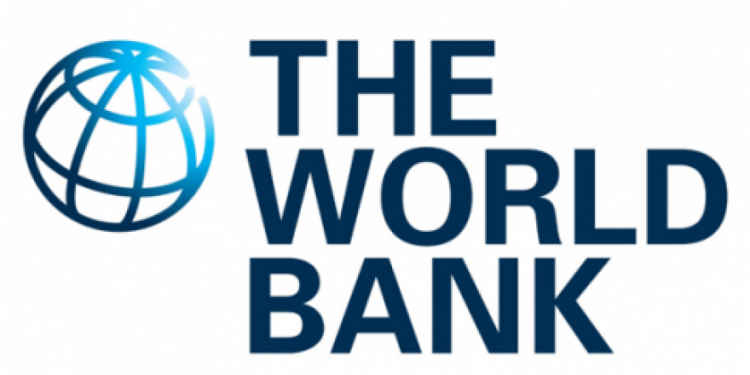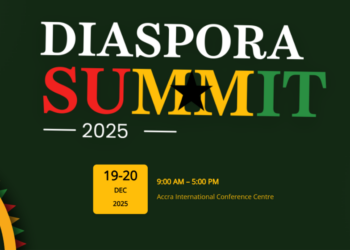The World Bank, through the Ghana Productive Safety Net Project 2 (GPSNP 2), granted GH42 million on Monday, April 4, 2022, to assist the Government of Ghana (GoG) in paying two cycles of arrears of the Livelihood Empowerment Against Poverty (LEAP) for 344,000 beneficiary households.
The persistent worldwide economic issues, which have been exacerbated by the COVID-19 outbreak, have intensified domestic economic hardship, resulting in growing LEAP payment delays. As a result, LEAP beneficiaries, particularly the poor and vulnerable, have suffered the most in Ghana.
“We are happy to support in the interest of beneficiaries to assist the government [of Ghana] with the LEAP payments to avoid eroding gains made over the years and safeguard beneficiary households’ wellbeing and their resilience to shocks. These payments will be completed in April 2022 and will help cushion GoG in the interim as efforts are made to identify and provide sustainable, and reliable funding for the LEAP program and social protection interventions, in general,” said Pierre Laporte, World Bank Country Director for Ghana, Liberia and Sierra Leone.
The LEAP program, which began in 2008, is one of Ghana’s premier social protection initiatives.
The program aims to smooth consumption in extremely poor households, with a particular focus on orphans and vulnerable children, the elderly (65 years and older), the severely disabled, and pregnant women or mothers with infants under the age of one year.
The program also seeks to improve access to essential social services such as healthcare and to enhance human capital by encouraging beneficiary households to enroll their school-aged children in school.
Beneficiary families get cash subsidies via electronic payments every two months, as per the GPSNP 2 program design. The quantity of the cash benefit varies based on how many people in the family are eligible for the award.
The monthly payout varies between GH32 and GH53 per qualifying beneficiary. The Ghanaian government has gradually grown the program’s beneficiary reach, from 1,645 beneficiary homes in a few districts at its inception in 2008 to 344,023 beneficiary households in all districts across the nation.
Furthermore, by gradually increasing its contribution to the initiative, the government has proved its commitment to its execution. It presently funds around 80% of the program’s overall financing, with development partners providing the other 20%.
It will be critical for the government to establish ring-fenced money to maintain continuous payments of social welfare programs, especially during global economic downturns like the current one caused by the COVID-19 pandemic. The World Bank remains committed to assisting the Government of Ghana in its objective to help the poor and vulnerable populations via critical social assistance initiatives, through both technical and financial assistance.
Read Also: Dumsor imminent if urgent steps are not taken – Kwabena Donkor cautions
SOURCE: CITINEWS



